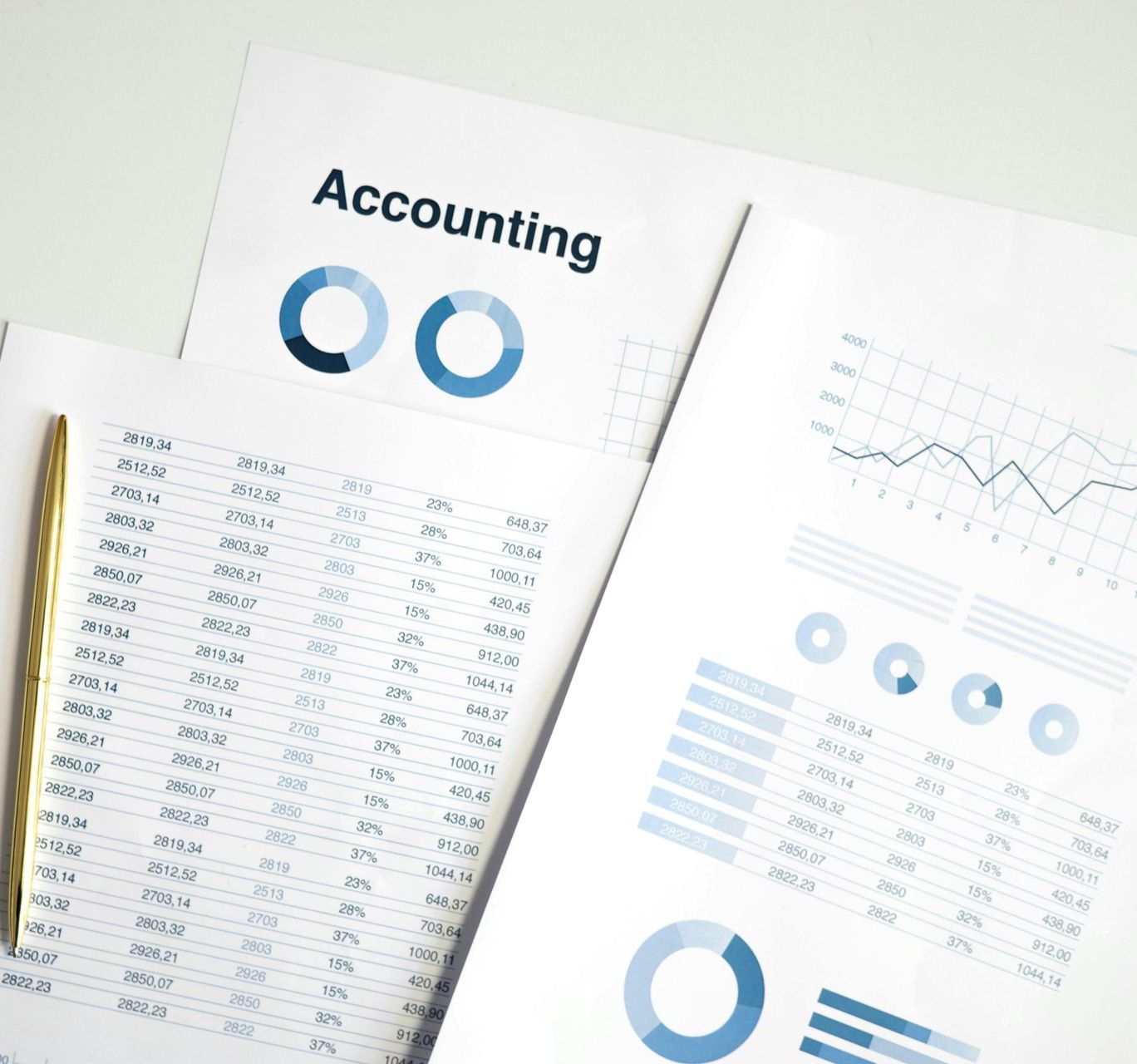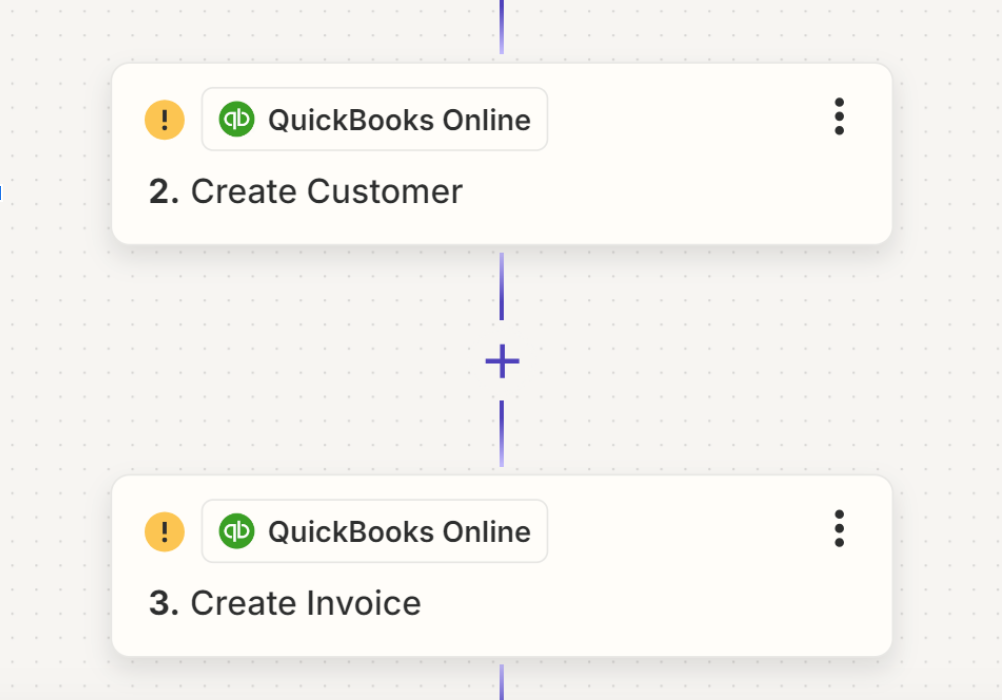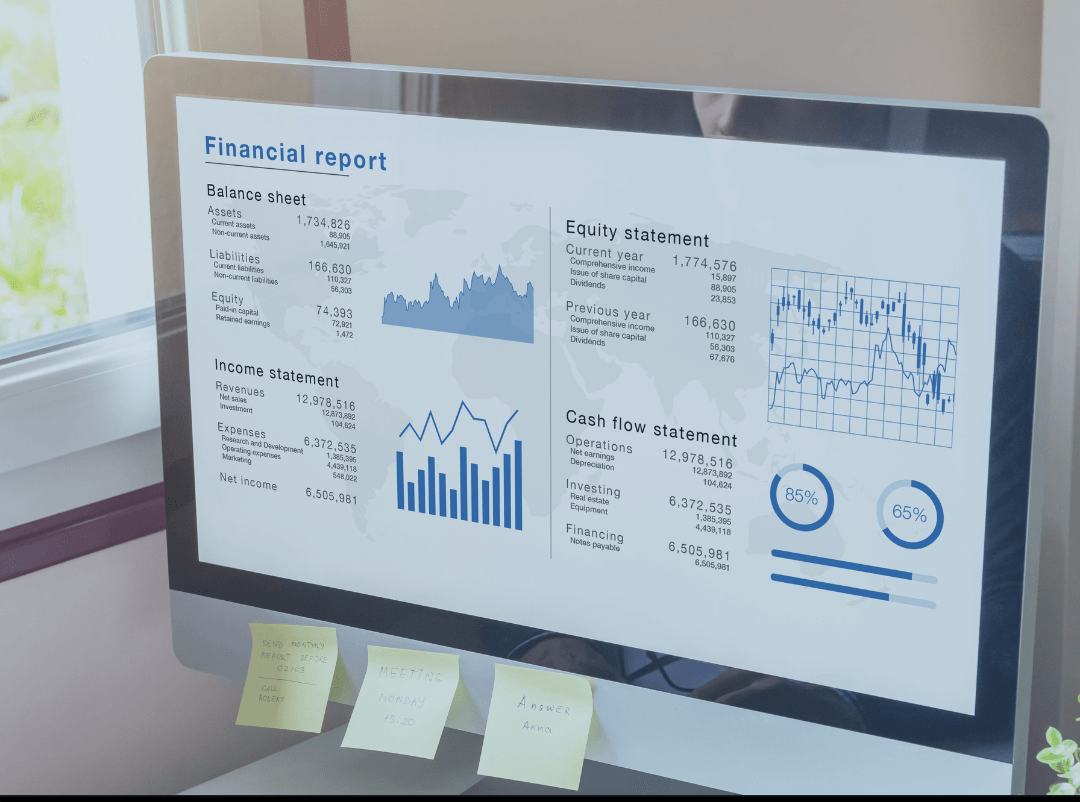5 Accounting Tips for Manufacturing Businesses
In the competitive landscape of manufacturing, understanding key accounting principles is essential for sustainable growth and profitability. In this article, we delve into five crucial accounting tips tailored specifically for manufacturers, drawing insights from industry expertise and practical wisdom.
1. Cost Accounting
Cost accounting lies at the heart of every manufacturing business. It involves meticulously tracking and analyzing all expenses associated with the production process. The 80/20 rule, also known as the Pareto Principle, can be particularly useful in this case. It suggests that roughly 80% of your costs are likely attributed to 20% of your inputs or activities. By identifying and focusing on this critical 20%, manufacturers can streamline operations, eliminate waste, and allocate resources more effectively, ultimately enhancing profitability.
2. Inventory Management
Effective inventory management is a cornerstone of manufacturing success. Striking the right balance between excess inventory and stockouts is crucial for meeting customer demand while minimizing carrying costs. Implementing inventory tracking systems, such as barcode scanning or RFID technology, can provide real-time visibility into stock levels, movement, and expiration dates. GrowthLab believes implementing journal entries at the beginning and every month makes a substantial difference as well.
Below is an example of what a journal entry can look like.
| Particulars | Debit ($) | Credit($) |
|---|---|---|
| Depreciation Exspense A/C…... Dr. | 25000 | |
| To Accumulated Depreciation A/C | 25000 |
3. Labor Allocation & COGS
Labor allocation plays a pivotal role in accurately determining the Cost of Goods Sold (COGS) for manufactured products. Beyond direct labor costs, manufacturers must account for indirect labor expenses and allocate them appropriately to each product line. Utilizing modern payroll systems integrated with their general ledger enables precise tracking of labor costs and facilitates insightful analysis of production expenses. Knowing your production expenses is crucial.
4. Depreciation of Machinery and Equipment
In manufacturing environments, machinery and equipment are critical assets that depreciate over time due to wear and tear. Properly accounting for depreciation not only aligns with tax regulations but also reflects the true economic value of assets. By implementing depreciation schedules and leveraging tax incentives, manufacturers can optimize asset utilization, mitigate financial risks, and enhance long-term profitability.
Interested in Learning More?
5. Banking Relationships
Maintaining strong relationships with banking partners is paramount for manufacturers seeking financial stability and growth opportunities. Timely and accurate financial reporting not only instills confidence in lenders but also facilitates informed decision-making and strategic planning. Proactively engaging with banking partners and keeping financial records up-to-date fosters trust, transparency, and collaborative synergy in navigating the complexities of manufacturing finance. At GrowthLab our services can assist, especially on the CFO side one of our goals is to continuously build and maintain that relationship with your banking Partners.
What We Do
Historical Cleanup
Grant Accounting
Actuals-to-Budget Reporting
Reconciliations
And much more...
Mastering the intricacies of accounting is essential for manufacturers striving to thrive in today's competitive marketplace. By implementing sound accounting practices, leveraging advanced technologies, and fostering strategic partnerships, manufacturers can unlock new avenues of profitability, efficiency, and sustainable growth.
We understand the unique challenges faced by manufacturing businesses. Our comprehensive accounting services and strategic financial guidance are tailored to empower manufacturers to achieve their business goals with confidence and clarity.
Other Blogs Related to Small Business Accounting





